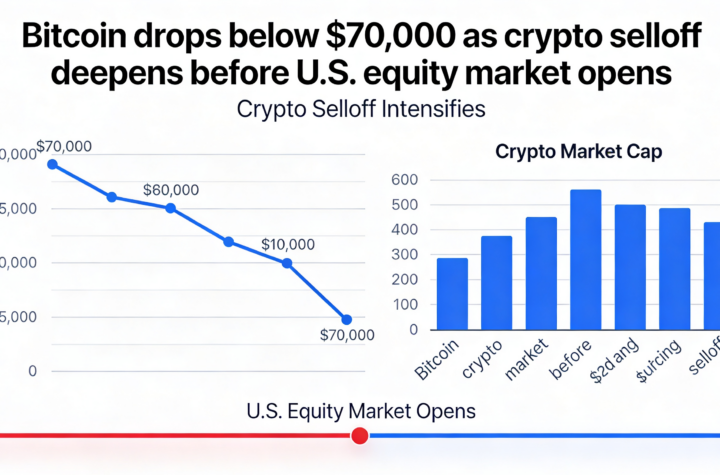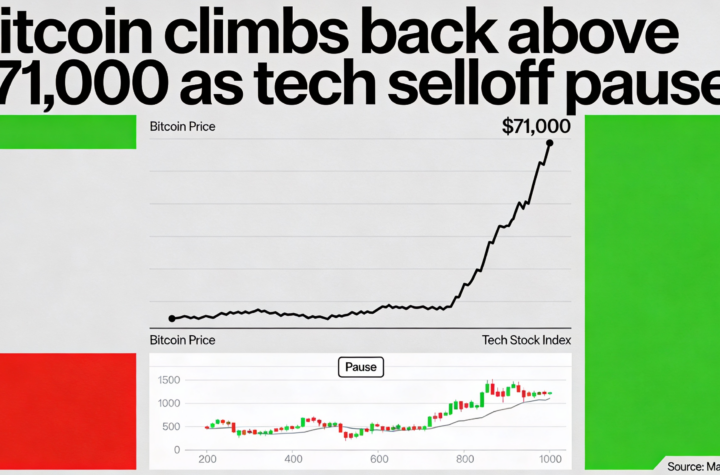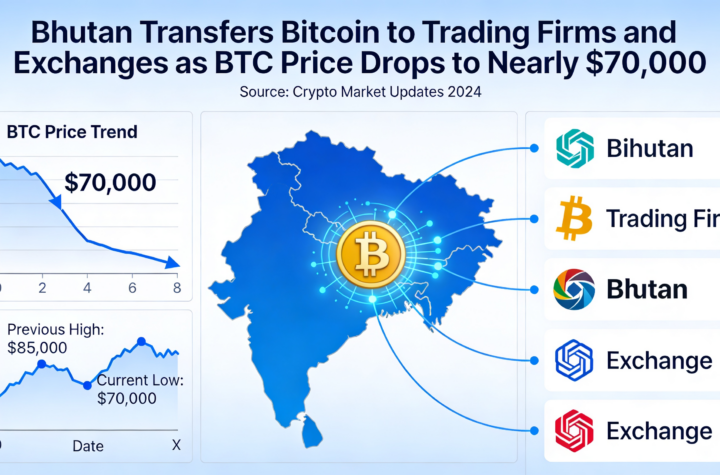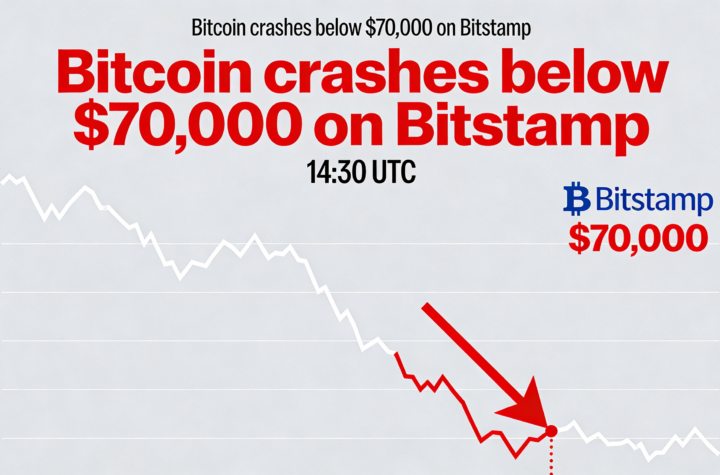
The race to launch new cryptocurrency ETFs may face disruption if a U.S. government shutdown occurs this week, with approvals for Solana (SOL $235.90) and Litecoin (LTC $119.69) funds potentially delayed.
Asset managers have been actively working with the Securities and Exchange Commission (SEC), updating their S-1 registration statements—a step often interpreted as a signal of imminent approval. However, a federal shutdown could halt progress, leaving issuers in limbo.
Sources indicate that some approvals could still arrive next week if the government remains operational. Spot Solana ETFs, in particular, are reportedly close to clearance, with most SEC comments addressed and final S-1 filings expected soon.
Further regulatory hints came last week, when the SEC asked listing exchanges to withdraw and resubmit their 19b-4 filings under the newly approved General Listing Standards. This move suggests the SEC is preparing to greenlight new products.
October is a critical month for crypto ETF decisions. Canary Capital’s Litecoin ETF is due for a response by October 2, while other applications have deadlines between October 10 and 24. A shutdown could push these approvals into a holding pattern if Congress fails to pass a funding bill.
If a shutdown occurs, most SEC staff would be furloughed, with only essential operations maintained. It remains uncertain whether ETF reviews would qualify as essential, as past shutdowns often paused regulatory reviews for financial products.
There is also a chance that the SEC has already completed much of the behind-the-scenes work, which could allow some approvals to proceed despite a shutdown, though this remains speculative.
The SEC’s surprise approvals of multiple spot Bitcoin ETFs in 2024 have intensified competition, with firms now seeking to expand offerings to alternative tokens like Solana and Litecoin. Regulatory timing, however, may now depend more on political developments than market readiness.






More Stories
Bitcoin slips below $70,000 as crypto selloff intensifies ahead of the U.S. equity open.
Bitcoin rebounds above $71,000 as tech stock selloff eases.
Bhutan shifts bitcoin to trading firms and exchanges as BTC slides toward $70,000.